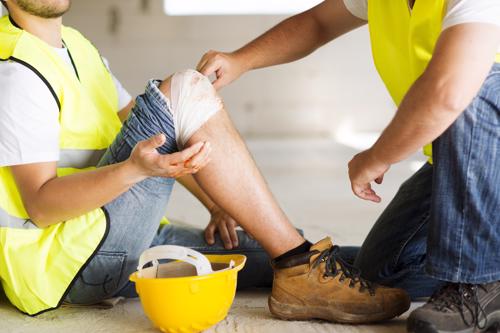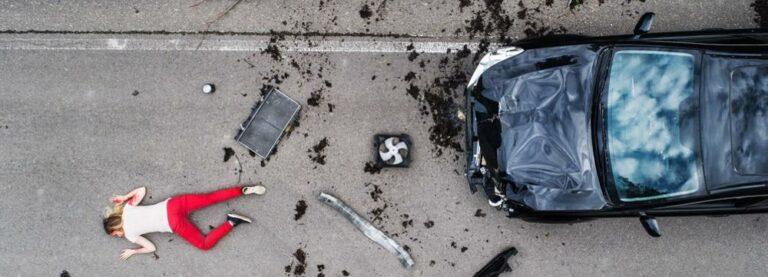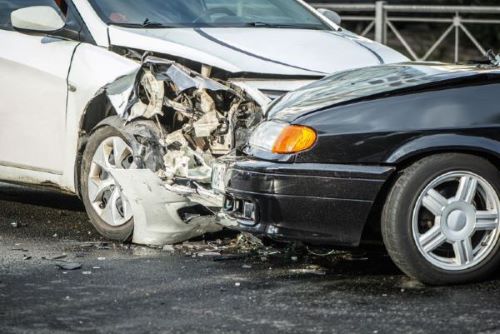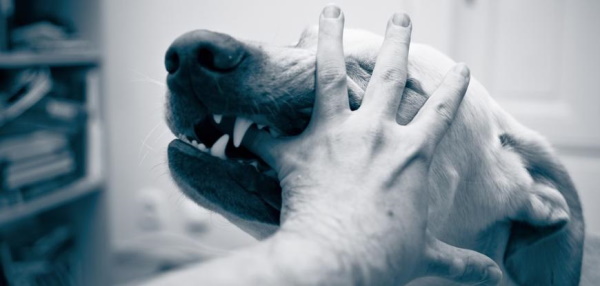It’s hard to watch the news these days without seeing advertisements for dangerous drugs and other products. It seems like there are new product liability lawsuits popping up in the news every day. Of course, there are certain products that are a lot more dangerous than others.
For example, with so many new medications entering the market, it seems like there are more dangerous drugs being identified. The same thing seems to be true of cars. There are so many recalls today, it is hard to keep them straight. We recommend that you contact a personal injury lawyer in Douglasville if you think you may have a potential claim for damages.
Here, we’ll talk about what product liability law entails. Then we will explain some of the products that generate the most product liability lawsuits. If you have questions about your own case, give us a call so we can schedule your free, initial consultation.
Let’s Talk About What Product Liability is First
If you have no idea what product liability law is, that’s okay. Most people don’t. If you break it down, product liability isn’t very complicated. When a company sells a product that injures somebody or makes the sick, they are held liable for having a dangerous product. Hence, the product liability label.
There are three main types of product liability cases. They include:
-
Defectos de fabricación
Some products are generally safe, but only if they are manufactured properly. If a step is missed or a defective part is used, the product can become inherently dangerous for consumers. An example of this product liability would be a child’s toy that included parts that presented a choking hazard.
-
Defective Designs
There are some products that are going to be unsafe no matter how well they are made. Years ago, there was an American car called the “Fiero.” Ironically, the car lived up to its name. If it was hit in a certain spot, it would burst into flames. It wouldn’t have mattered how perfectly the Fiero was made, it was going to be dangerous.
-
Failure to Warn Cases
These product liability cases involve a product that is inherently dangerous. However, had the company warned people about this danger, they could probably have prevented any harm. For example, if you buy a chainsaw, there should be appropriate warnings about the dangers involved in using it.
Personal Injury Lawyers in Douglasville Tend to See Certain Types of Cases More than Others
While there are hundreds (or thousands) of potential product liability cases out there, some stand out to our personal injury lawyers in Douglasville more than others. For example, dangerous drugs and defective medical devices have become much more common in recent years. One of the problems is that new medications are being released to the market without adequate testing being performed.
The same thing goes for defective medical devices. Until a product has been properly tested, it should not be released to the market. This is especially true when the product itself is meant to treat injured or sick people.
Another category of products that tend to cause harm to a lot of consumers are power tools and lawn care equipment. For example, if somebody is going to use a gas powered chainsaw, there need to be special safety devices installed on the machinery. If there’s not a lock in place to protect the users hands from the blade it could cause serious injuries or even dismemberment.
The third type of product that tends to cause a lot of headaches for the legal community are children’s toys. Certain toys, especially those designed for children under the age of 8, I’ve proven dangerous over the years. One of the biggest dangers is a choking hazard. Years ago, certain children’s toys such as blocks, or board games were designed and marketed to children of all ages. Today, Georgia injury lawyers handle more than their fair share of product liability cases involving these items. This is usually because the proper age warnings have not been affixed to the toys packaging.
What Kind of Damages Can You Collect in a Product Liability Case?
If you can prove that the defendant was negligent (or reckless), there’s a good chance you’ll be entitled to damages. As in most other personal injury cases, your Georgia injury lawyer can demand certain damages. These may include the following:
- Medical bills and future medical bills – The defendant will be liable for any medical bills you incur thanks to their dangerous product. These include hospital bills, doctor co-pays, and prescription medications. And, if you need future care, you can demand compensation for that as well.
- Lost wages – If you miss more than a couple of weeks from work, your personal injury lawyer in Douglasville can demand damages for lost wages.
- Lost future income – If you are no longer to do the same kind of work you did prior to your injury, you can demand further compensation. This would be equal to the difference between what you would have earned compared to what you’ll actually earn.
- Pain and suffering – If you experience significant mental and physical anguish, you can demand compensation for pain and suffering. This typically makes up the lion’s share of your settlement.
Since every case is different, there’s no way to know upfront what kind of damages you may collect. This is something you and your Georgia injury lawyer can discuss in more detail when you meet.
Find Out if a Personal Injury Lawyer in Douglasville Can Help You
If you believe you have a claim under product liability, you should visit with one of our personal injury lawyers in Douglasville, Georgia. They can review your case and let you know if your claim has merit. This will depend on the nature of your injuries. It will also depend on the evidence available to support your claim.
We suggest that you call our office as soon as possible and schedule your free, initial consultation. Take the time to have a seasoned Georgia injury lawyer review your product liability case information and determine what you should do next. If they feel you may be entitled to damages, they’ll offer to represent you in court. If, however, they don’t feel there’s enough evidence to prove your case, they may advise you to try to settle the case or move on. Since your consultation is free, you have nothing to lose.








